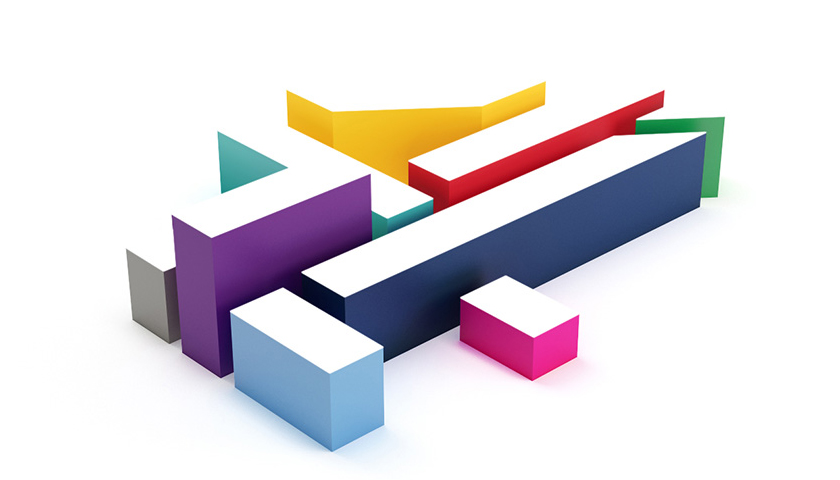A survey for Channel 4 and Prime Video UK into the TV industry’s accessibility for Disabled talent has revealed that 1 in 4 offices operated by broadcasters, streamers or production companies are physically inaccessible, and that 1 in 4 have no functioning accessible toilet.
The Access Into Action Report highlights the areas where improvements are needed, and creates a three step action plan for organisations to implement some relatively speedy change, while more structural changes are put in place at an industry-wide level.
The results have been gathered from 105 organisations who completed the survey. It was devised by Channel 4 and Prime Video UK as part of their ongoing work to improve disability inclusion in the sector, and will feed into the TV Access Project which is the coalition of broadcasters and streamers committed to change in this area.
Although the survey reveals high levels of theoretical knowledge around issues of disability inclusion, results show that this doesn’t consistently filter down into practice. The hiring of external venues like studios, facilities or for location work is an area identified as requiring urgent action. Approximately one third of respondents always ask about their access status before booking them.
Health and Safety arrangements also need to be improved, as the responses show that measures like visual fire alarms and Personal Emergency Evacuation Plans (PEEPs) are being applied inconsistently, and there are failings in the understanding of employment law.
Ian Katz, Chief Content Officer at Channel 4, said: “We carried out the survey to get a more accurate picture of how we are performing as an industry, when it comes to access and inclusion for Disabled talent behind the camera. The results make difficult reading and expose how inaccessible we remain. The survey is not about shaming any one area, we all must do better. It’s a benchmark and a starting point that will help us as broadcasters and programme-makers focus on where change is needed and where we can establish best practice.”
Channel 4’s Consultant Disability Lead Ally Castle said: “We set out with the aim of ‘taking the temperature’ of the industry. Channel 4 – in partnership with Prime Video UK and alongside members of the TV Access Project – wants to create a substantive and permanent structural shift in the TV industry, and these survey results will help us to track that shift.“
Recruitment was highlighted as an area which needs specific improvement and training; 17% wrongly believe that they can ask candidates during the application and interview process about their health or impairments and how they affect their ability to do their job. This rises to nearly a quarter (23%) of micro and small-sized businesses. This is against the law.
The development of talent into senior roles is described as ‘a disappointing picture’, as the survey shows ‘little indication’ employers are going out of their way to particularly progress or nurture Disabled talent. Mentoring, networking, training or coaching opportunities are offered, at best, only 50% of the time, according to results.
The survey also demonstrates that production companies need more communication from broadcasters and streamers about the support they have in place for their productions, especially relating to sourcing talent, training and finding what funding is available.
Miranda Wayland, Head of International DEIA Strategy and Content at Prime Video said: “We are thrilled to launch the findings from the UK Industry Access survey. The work that has already been established is truly encouraging and this report provides a clear and detailed outline of where we can amplify our efforts to be more inclusive and representative of disabled talent so they can thrive in our sector.”
The findings of the survey will be fed into the TV Access Project, which is a coalition of 11 of the UK’s biggest broadcasters and streamers who have pledged to work together to deliver real improvements in access for Disabled talent across the TV industry, with support of PACT and the Creative Diversity Network and in partnership with a range of disability interest groups.
